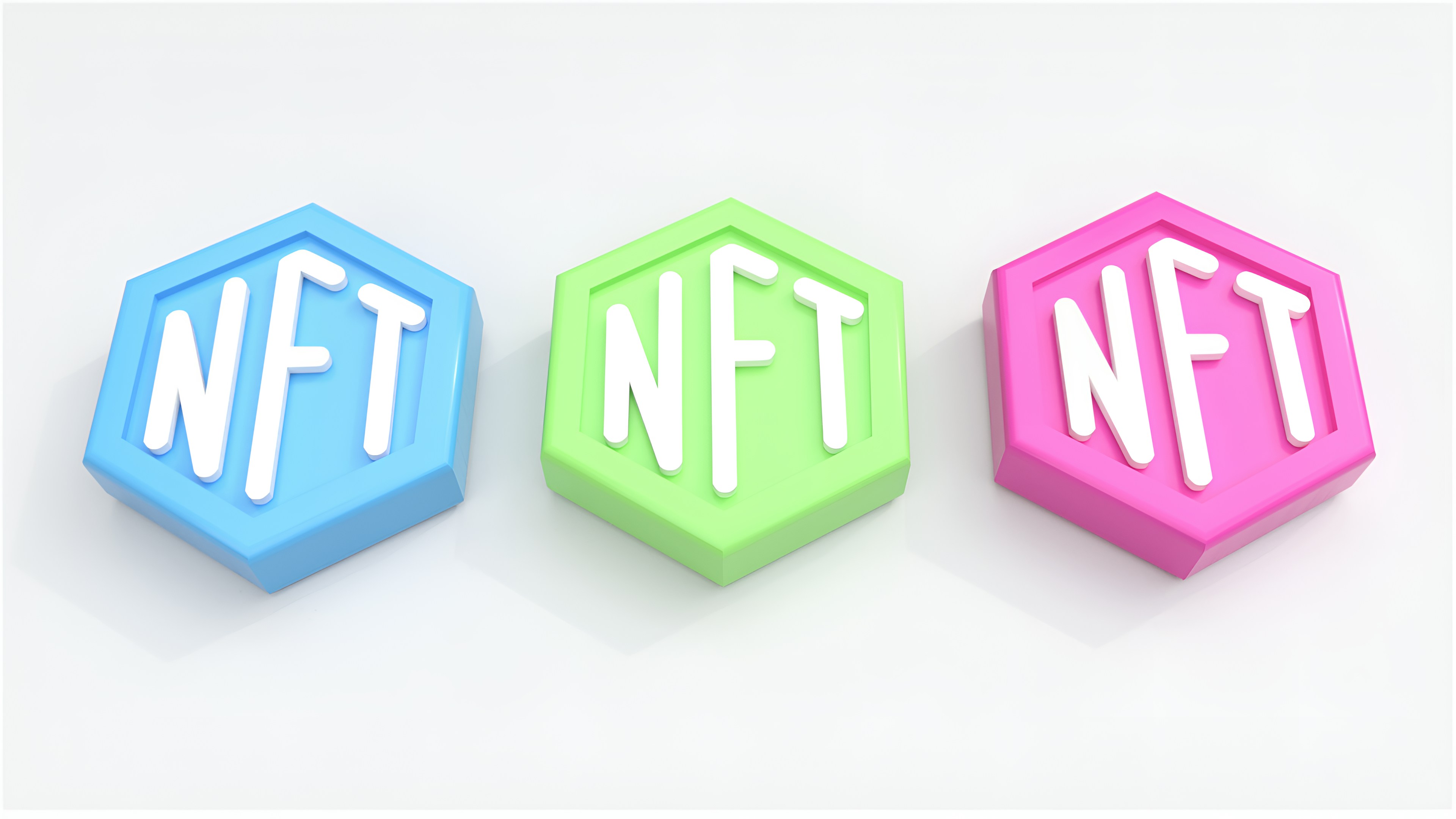If you spend some time in the crypto sphere now, you know that this type of digital asset can be a target of fraudsters. And yes, NFTs can be stolen.
Non-fungible tokens, or NFTs, are unique cryptographic tokens that represent ownership of digital collectibles like art, music, or even videos. They have become popular over the years, with some selling for millions of dollars.
If you spend some time in the crypto sphere now, you know that this type of digital asset can be a target of fraudsters. And yes, NFTs can be stolen.
Think of an NFT like a key to a vault. Once they get in, they can take whatever is in that vault and send them another wallet or sell it online. Once this happens, getting your digital assets back is difficult, and keeping them safe can be complicated.
Security risks in NFT platforms
Stealing NFTs is not the same as common theft, which involves traditional larceny or robbery on the street. It’s all digital, which means thieves can attack your asset anywhere, anytime, making it hard for you to track down who the culprit is. Some security risks you should be aware of are:
1. Exchange hacks
Marketplaces for NFTs are like online stores where you buy and sell digital assets. Some online places like OpenSea, Rarible, and others are prime targets of hackers because of their high-value NFTs. If hackers break into an exchange, they might be able to get into the user’s wallet and steal the valuable NFTs.
2. Phishing attacks
Scammers create fake emails and websites that look like legitimate projects in the NFT space. You might give away important information like your login credentials and password, which allows hackers to access your NFTs.
3. Wallet vulnerabilities
The software wallet you use to store your NFTs has some things that need fixing. And if the security of your digital wallet is not strong, hackers might exploit your digital assets.
Is Stealing an NFT Theft?
It’s unclear if “stealing” NFT is against the law. Copying the digital artwork linked to an NFT breaks copyright laws, but simply “right-clicking and saving” a copy of an NFT does not equal theft.
The key distinction of an NFT is a digital ownership certificate, not the artwork itself. Owning an NFT grants you certain rights, such as selling it, but it does not automatically give you the copyright to the art.
So, while making unauthorized artwork breaks copyright laws, copying the NFT is more of a legal gray area. The original owner still has the ownership rights, even if people make copies of the art.
Major NFT heists that made headlines
Some big NFT thefts have made the news in recent years. Here are a few notable examples:
In early 2022, hackers stole about $18.7 million of tokens from Lympo, a sports NFT platform. They broke into 10 different wallets connected to the platform.
Later that year, the Bored Ape Yacht Club’s Instagram account was hacked. Thieves took many valuable NFTs, including Bored Apes and others, worth about $14 million in total.
In 2021, a game called Farmers World lost around $15.7 million in a hack. Some reports say it might have been even more.

DragonSB Finance, an NFT gaming project, lost $10 million when hackers broke into their smart contract in 2022.
OpenSea, a popular NFT marketplace, was hit by a phishing attack in 2022. Hackers stole NFTs worth about $3.4 million, though they later returned some that had yet to be sold.
7 steps to secure your NFTs
Protect your valuable NFTs from theft and scams by making wise choices and staying alert.
- Choose a secure wallet: Choosing a reputable wallet to store your NFTs is extremely important. Hardware wallets like Ledger and Trezor provide the highest level of security by keeping your private keys offline. Software wallets like MetaMask are easier to use but need more care to stay safe online.
- Avoid phishing scams: Avoid clicking strange ads or links. If you are going to buy or sell NFT, make sure the website is legit and established.
- Use trusted NFT websites: Don’t use unfamiliar websites. Buy and sell NFTs on well-known marketplaces like OpenSea, Rarible, or SuperRare.
- Never share your seed phrase: Your wallet’s seed phrase is the secret password to your NFTs. Don’t tell anyone.
- Audit your wallet: Review your wallet’s activity regularly to ensure it is legitimate. Be careful of unsolicited NFTs, as they may be part of a scam attack.
- Enable 2FA: For extra protection against theft or any malicious attack, turn on your two-factor authentication.
- Keep your software updated: Always use the updated version of your wallet software to have the best security.
Ongoing efforts toward establishing transparent NFT legal guidelines
With the NFT market’s expansion, stakeholders are trying to enhance its clarity and safety. Here’s a breakdown of the details;
A crucial aspect involves determining the standing of NFTs and distinguishing between owning an NFT and owning the actual artwork. Legislators and specialists are collaborating to modify copyright and intellectual property laws in response to challenges presented by NFTs.
Governments are starting to make rules about NFTs. For example, the European Union has included NFTs in some anti-money laundering risks through its Fifth Anti-Money Laundering Directive (5AMLD). However, more comprehensive regulation is still needed to address issues like contractual rights, estate planning, and cross-border enforcement.
NFT spaces are also taking proactive measures to protect NFTs. Many have implemented Know Your Customer (KYC) procedures and collaborated with law enforcement to track NFT sales and spot suspicious activities. They also educate users on how to secure their digital assets.
Summing up
NFTs are valuable digital assets that can be stolen through different cyberattacks and may cause to people. Owners lose money, and buyers might lose their purchases. These thefts also make people trust NFTs less. While copying NFT artwork may violate copyright laws, the legal status of “stealing” NFTs remains uncertain.
To keep your NFTs safe, follow the abovementioned steps and stay vigilant. As NFTs grow more popular, people are working on making better laws and safety rules. Stay up to date and be careful to keep your NFTs safe in this changing online world.


Join the conversation!